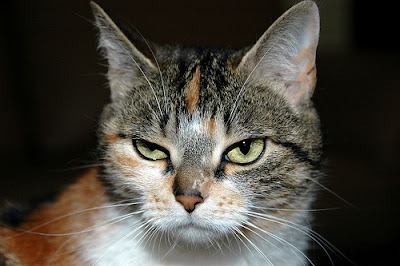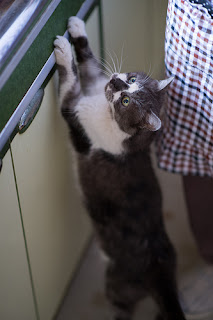 |
| Stop telling me what I can and can’t do! Photo by Storem via Flickr |
I was pretty sickened by the whole John Green speech at the recent American Booksellers Association ego fest. Here’s what he said:
“We must strike down the insidious lie that a book is the creation of an individual soul labouring in isolation. We must strike it down because it threatens the overall quality and breadth of American literature,” he said. “They hold me up as an example but I am not an example of publishers or bookstores extracting value because without an editor my first novel, Looking for Alaska, would have been unreadably self-indulgent. And even after she helped me make it better it wouldn’t have found its audience without unflagging support…from booksellers around the country. I wouldn’t have the YouTube subscribers or the Tumblr followers, and even if I did I wouldn’t have any good books to share with them.” Authors “need editors and we need publishers and we need booksellers”, said Green, adding that he was not in the “widget-selling” or the “profit-maximisation” business.
In the next paragraph he curses Ayn Rand and a person might wonder, what the heck did poor Ayn Rand have to do with it? Well, I’ll tell you. Beyond all the nonsense you may have heard, Ayn Rand was a champion of the individual.
And let’s just set the record straight right here, right now. I, too, am a champion of the individual. And I don’t believe it takes a village to write a book. It takes an author.
I am author! Hear me roar! <okay, okay, but I did feel very empowered there for a second>
John Green calls the idea that I am capable of writing a good book all by my little ol’ self “insidious.” He says that his first book would have been unreadable and self-indulgent without his editor, and therefore, we assume, no one else could possibly create one on his own.
I hate to be the one to clue him in [and trust me, I get that I won’t be] but just because his work sucks without someone helping him, doesn’t mean ours does.
The insidious lie is, and has been since major publishing houses deemed themselves gatekeepers to the art, craft, and skill of writing, that authors are too stupid, too talentless, too emotionally involved in their manuscripts, too lazy, too drunk, too I don’t know what the hell else, but definitely too unable to write a book by themselves.
Writing is an individual act of self-expression, of art, of passion. Yes, it takes skill. The skill can be learned. The art will be different with different voices. The soulfulness of novels will differ depending on the writer and the story they’re trying to tell.
Yes, authors need to learn to edit themselves, both in copy and content. And yes, they need to learn to be objective about their work (Ah, Ayn Rand’s Objectivism at play?) to do so. And editors can help them in that learning process in the beginning.
But yes. Yes, yes, and yes. A writer can learn to do those things by himself. Alone. Without help. And a writer should learn to do those things.
Think of a recipe. Have you ever gotten a recipe from a friend and made it yourself? Did you make it exactly like it was written?
I don’t know about you, but I never make recipes the way they’re written. I always make them the way I want them to be–usually by adding more garlic or chocolate.
That’s what critique groups, agents, and editors are: they’re people who take a recipe and tinker with it to make it the way they would do it. They make it into–not theirs, not yours–but a combination. Don’t write combinations, people! Write your own recipe. Write it the way you like it, with all the garlic and chocolate you want. If it doesn’t succeed, and it probably won’t, write another one. And another one. And keep writing recipes, and reading and making other people’s recipes, and sure, why not take a cooking class here and there, until you have learned to make your own fabulous recipes.
I wish I had written Polly Courtney’s response to John Green. You should. It was wonderful. I almost gave her a standing ovation here at my little desk.
Why do we continue to perpetuate this ridiculous notion that a writer must have a critique group, beta readers, an agent, and many editors to help him write his book? It’s not true.
If you are to truly be the author of your work, be the author of your work.
If you need someone to find typos, fine. But don’t tell everyone else they can’t possibly copy edit their own work. If you want a trusted friend, spouse, or beta reader to give you feedback, fine. But don’t you think at some point you should learn to tell a great story on your own?
If you let your critique group help you write your voice out of your work; if you let an editor create your story arc and evolve your characters; if you let an agent tell you what to change to make your story sellable; and if you let any editor not in a position to pay you tell you what to change in your book, you are not the author of your work–you are a collaborator.
And you know what? I don’t care. Do it. Collaborate. It’s fun, after all, right? For sociable people.
I just want everyone to stop trying to pretend that it has to be that way. For every author.
Because it doesn’t.

